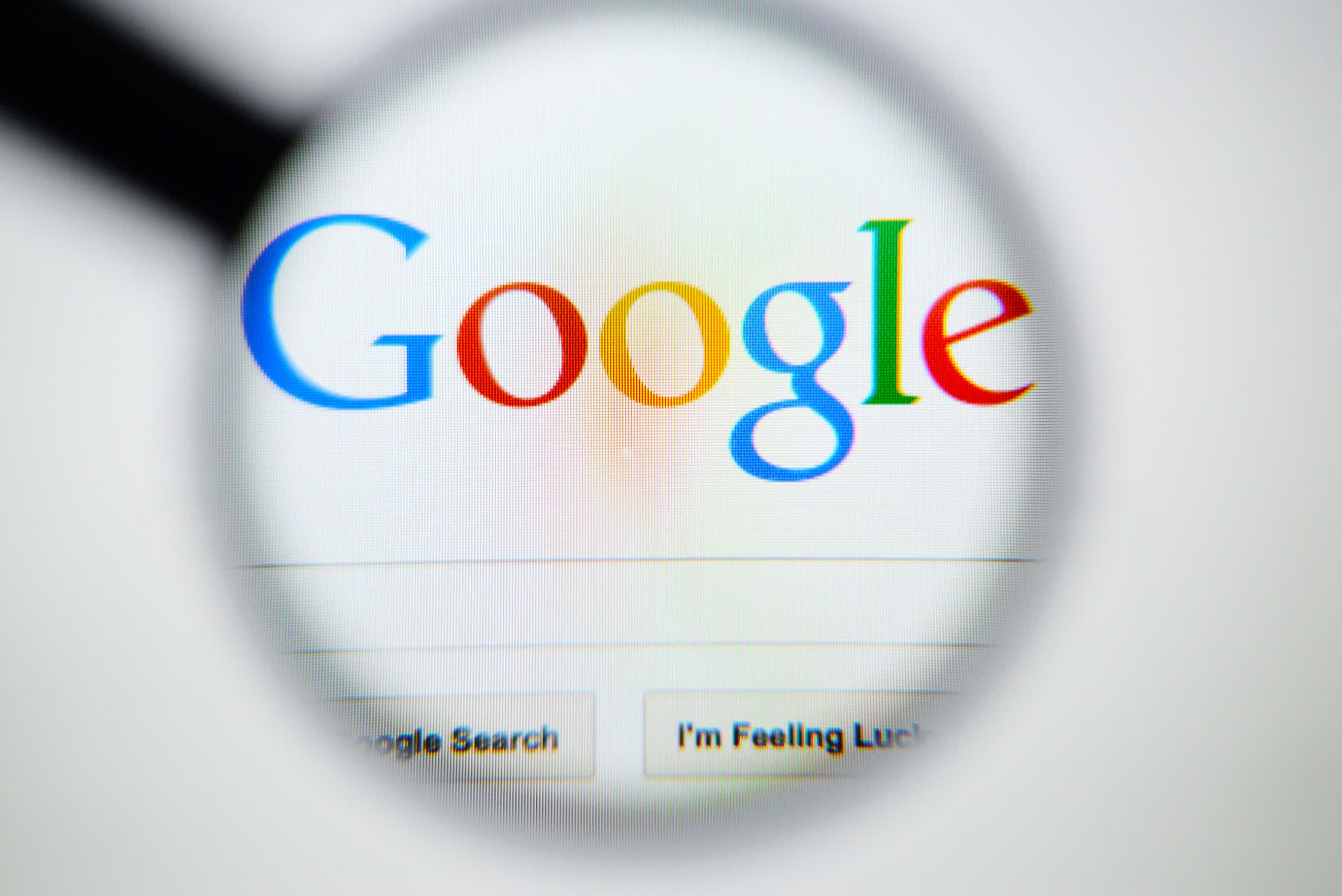In brief: Google is already one of the best search engines in the world (data privacy aside), but with its latest feature, it'll be getting even better. Starting today, the search platform will begin giving you more information about websites that appear in your search results, perhaps letting you determine whether or not they're worth visiting in the first place.
To be clear, this is not the same as the small text blurbs that already appear under search results. Those will still exist, but you'll now be able to tap the three-dot menu at the top right of a given result to see an expanded site description, instead of just a an SEO-optimized page description.
Google pulls these new descriptions directly from the Wikipedia entry for each site (provided it has one, of course), so the company's employees won't be writing them manually, for better or worse.
The primary purpose of this feature is to give you added context or peace of mind while browsing. For example, if you think you might have Covid-19 and want to determine what symptoms you should look out for, this feature could help ensure you visit a legitimate website, and not an imposter (or just a site prone to spreading misinformation).
If Wikipedia information is not available for a site, Google says it will instead show details like when it was first indexed. Again, this should help build trust between websites and users – if a site has been around for 10 years, there's at least a decent chance it'll have more reliable information than something brand-new. It's not perfect, but it's better than nothing.
Finally, this new context feature will always tell you whether your connection to a site will be using the HTTPS protocol without you needing to click on the link. This is a minor improvement since most browsers stop you from visiting unencrypted pages anyway (and require explicit user approval to continue), but it could be useful to some nonetheless.
This feature is still in beta, so expect to see the occasional bug while searching the web. However, it's a pretty basic feature, so hopefully, there won't be any major problems.

